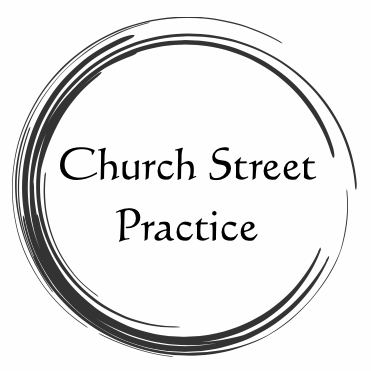Back Pain
4 out 5 people suffer back pain at some time in their lives, sometimes it is an acute flair up lasting a matter of days and for some it becomes a more chronic condition, lasting many years.
Back pain is a debilitating condition that can stop you from enjoying a full and active life. Osteopathy works with your body’s natural healing processes to improve the function of the complex structure of bones, ligaments and muscles that make up your spine. After taking a full medical history and completing a thorough examination the osteopath will diagnose the cause of your back pain and suggest a course of treatment, which may include stretching, massage, gentle manipulation of the joints and extremely gentle "cranial" techniques which are suitable for people of all ages. Osteopathy is recognised by the NHS and recommended by NICE for the treatment of back pain.
Every day, over 30,000 people visit an osteopath for a whole variety of conditions, including back pain.
Appointments are always available for you to see one of our 6 osteopaths in Bradford on Avon. You can call on 01225 868282 to make an appointment or message us through our website www.churchstreetpractice.co.uk
The UK National Institute of Health and Care Excellence (NICE) provides guidance for health services that recommend manual therapy, such as that provided by osteopaths, as part of a package of care for the management of low back pain and sciatica.
Osteopathic treatment is based on the individual needs of the patient and will vary depending on age, fitness and diagnosis but often focuses on releasing tension, stretching muscles and improving mobility – all of which may help relieve pain. There is no need to consult a GP before visiting an osteopath, although you may wish to do so.
Early diagnosis and treatment can aid recovery and get you back to normal activities more quickly. Around half of those who suffer an episode of back pain will have a recurrence of symptoms within a few years. Stress can increase the amount of pain you feel by magnifying the effect of tension and muscle spasms. An osteopath can give advice about methods to aid recovery and maintain a healthy back.
Osteopaths are trained to check for signs of serious conditions they cannot treat. In these circumstances, they should inform you of what they believe is the problem and refer you to see your GP or hospital for further investigations.
Once an osteopath has diagnosed the tissue or tissues causing you pain and are satisfied that it is a musculo-skeletal problem, they will always be interested to get to the root cause of what has caused the dysfunction. Often, the dysfunction has many different elements intertwined over a long period of time, each one individually not enough to cause pain but added up together they cause a breakdown in the normal adaptive, self- correcting nature of the body and aches and pains, lack of flexibility, increased tension and pain start to emerge.
Often a back pain has started very acutely with no apparent past history, e.g. bending down to tie your shoelace up and your back "going" which is something that has happened 1000's of times before with no incident - patients often talk about " oh, I must have slept awkwardly" or "perhaps I sat in a draft" etc. No, generally the body has been compensating for a while before pain or an acute back episode occurs. The body always wants to be well and will do whatever it can to adapt and compensate before we become aware of discomfort.
Osteopaths are trained to problem solve and reveal the story behind what has happened - all our practitioners at Church Street, including out osteopaths, offer a free 15 minute chat over the phone to discuss if you might benefit from treatment.
